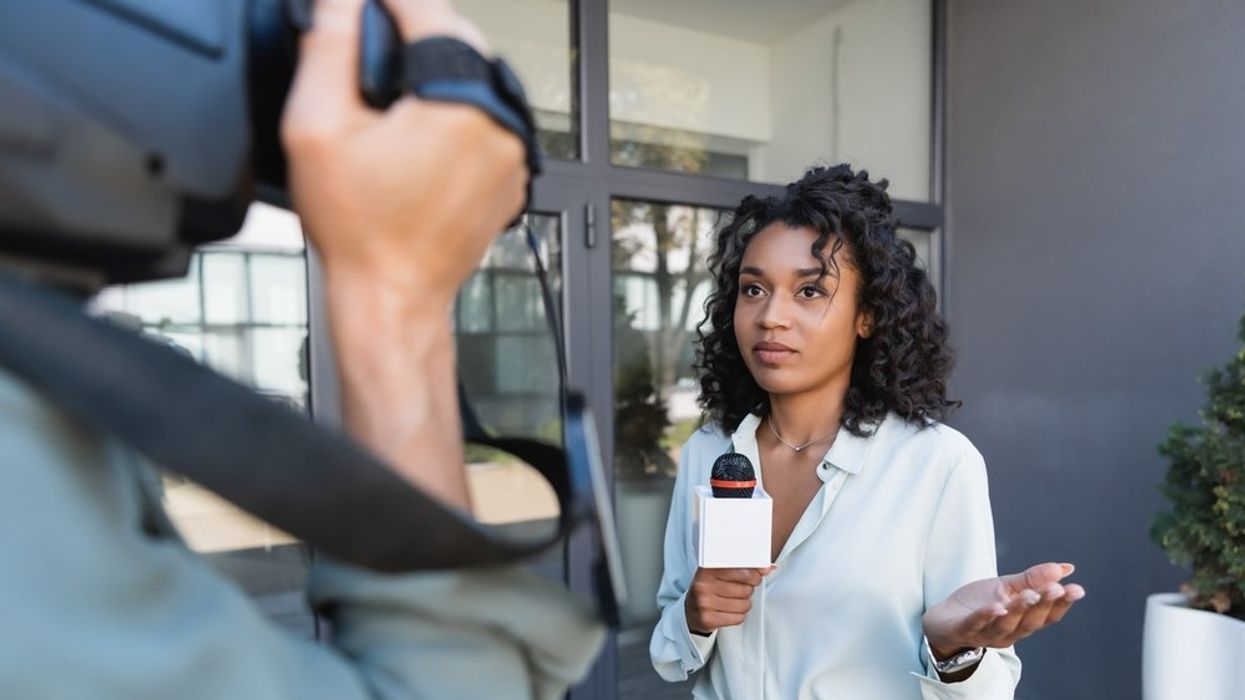Nearly half of Black Americans feel that news coverage of their communities is “racially problematic," according to a new poll.
In a survey of 4,742 Black Americans, the Pew Research Center found that 39 percent said news coverage is often racist or racially insensitive, with 43 percent saying that coverage largely stereotypes Black people.
A 60-year-old Black woman told surveyors: “There’s not a lot of African American coverage unless it’s February or it’s criminal.”
Black Americans have concerns about news coverage

Of those who reported seeing racism in some form, 51 percent said outlets pushing agendas is a major factor in problematic content. About 45 percent said the problem stems from journalists not being informed, with 42 percent blaming racist views among people at the news outlet. 37 percent cite the speed of the news cycle, and 36 percent point to a lack of Black staff.
Many Black Americans believe there are times when it is important that their news comes from Black journalists – particularly in stories related to race and racial inequality – but few think their news in general needs to come from Black journalists, nor do they automatically trust a story because it comes from a Black journalist.
The report noted that the sentiment is widely shared in Black communities, "regardless of age, gender, and even political party affiliation," though "Republicans in general tend to be much more skeptical of journalists."
As for how coverage can be improved, 73 percent said it is "extremely or very important" for journalists to understand the history of the issues they cover. Two-thirds (64 percent) said educating all journalists about issues impacting Black Americans could make coverage more fair. 59 percent believe journalists should personally engage with the people they cover, and approximately half said journalists should use their positions to advocate for Black people.
The majority also said including more Black people as sources and hiring more Black people as newsroom leaders and as journalists would be a strong solution. A 40-year-old Black woman shared that she doesn't trust her local newspaper because "there are definitely not Black writers employed."
"If they were hiring Black people then that would tell me something more about the newspaper itself and their sort of values, but I don’t have that," she said.
- Black Maternal Health Is in Crisis, UN Warns ›
- Black Student Suspended Over Hairstyle, Even After Anti-Discrimination Law ›
- Brains of Black Americans Age Faster, Racism Likely Cause ›
- Colin Kaepernick Opens Up About Racism From Adoptive Parents ›
- Kansas Police Chief Suspended After Raid of Local Newspaper ›



















































